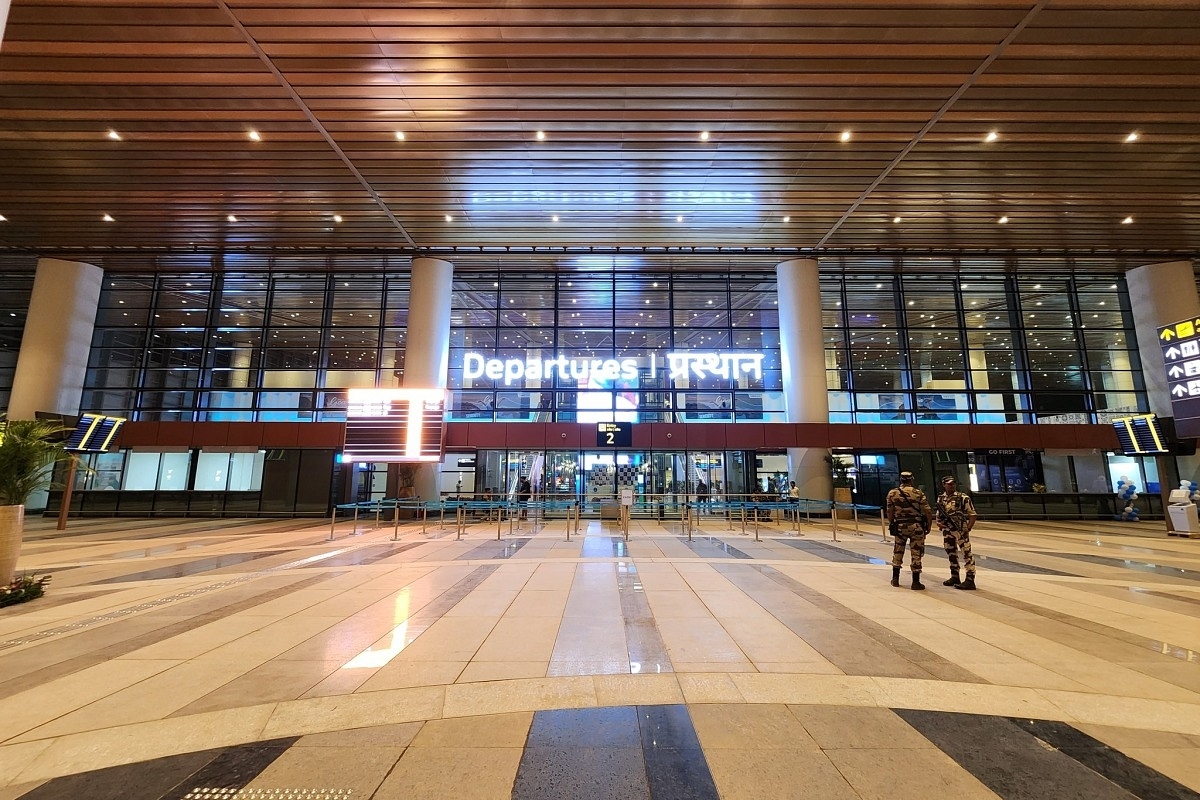Infrastructure
Ministry Of Civil Aviation: Six Greenfield Airports In Operation Since 2019

Goa's Mopa International Airport.
Six greenfield airports have been operationalised in the country since 2019, the Lok Sabha was told on Thursday (9 February).
According to the Civil Aviation Ministry, these greenfield airports are Kalaburagi, Orvakal, Sindhudurg, Itanagar, Kushinagar, and Mopa airport.
While it cost Rs 175.57 crore for Kalaburagi greenfield airport, Orvakal (Kurnool) airport project cost was Rs 187 crore. For Sindhudurg airport, the project cost was Rs 520 crore, and the project cost for Itanagar was Rs 646 crore.
For Kushinagar and Mopa greenfield airports, it cost Rs 448 crore and Rs 2,870 crore, respectively. Kushinagar and Mopa airports are also international airports.
Government of India has formulated a Greenfield Airports (GFA) Policy, 2008 which provides detailed guidelines, procedures and steps related to construction of Greenfield airports across the country.
Under the GFA Policy, the project proponent — an airport developer or the respective state government willing to establish a Greenfield airport — is required to send a proposal to the Ministry of Civil Aviation in the prescribed format for 2-stage approval process — 'Site Clearance' followed by 'In-Principle' approval.
Under GFA Policy 2008, in the state of Madhya Pradesh, the Civil Aviation Ministry has accorded 'in-principle' approval for setting up of a greenfield airport at Dabra (Gwalior).
Further, the Ministry has granted the first stage clearance, which includes site clearance for construction of a new greenfield airport, at Singrauli in the state.
Airports Authority of India has also undertaken expansion of its existing airports namely Gwalior, Rewa and Jabalpur in Madhya Pradesh.
After deregulation of airline sector, the airfare is market driven and is neither established nor regulated by the government. Air ticket prices generally vary depending upon the market forces.
Airline pricing runs in multiple levels — buckets or Reservation Booking Designator (RBD) — which are in line with the practice being followed globally. Due to dynamic fare pricing, the tickets bought in advance are much cheaper than those purchased near the date of travel.
The airlines are free to fix reasonable tariffs under the law with regard to all relevant factors, including cost of operation, characteristics of services, reasonable profit and the generally prevailing tariff.
Directorate General of Civil Aviation (DGCA) has a Tariff Monitoring Unit that monitors airfares on certain routes on a monthly basis to ensure that the airlines do not charge airfares outside a range declared by them.
The airlines are compliant to the Aircraft Rules, 1937 as long as the fare charged by them is in line with the fare displayed on their website.
Support Swarajya's 50 Ground Reports Project & Sponsor A Story
Every general election Swarajya does a 50 ground reports project.
Aimed only at serious readers and those who appreciate the nuances of political undercurrents, the project provides a sense of India's electoral landscape. As you know, these reports are produced after considerable investment of travel, time and effort on the ground.
This time too we've kicked off the project in style and have covered over 30 constituencies already. If you're someone who appreciates such work and have enjoyed our coverage please consider sponsoring a ground report for just Rs 2999 to Rs 19,999 - it goes a long way in helping us produce more quality reportage.
You can also back this project by becoming a subscriber for as little as Rs 999 - so do click on this links and choose a plan that suits you and back us.
Click below to contribute.
Latest